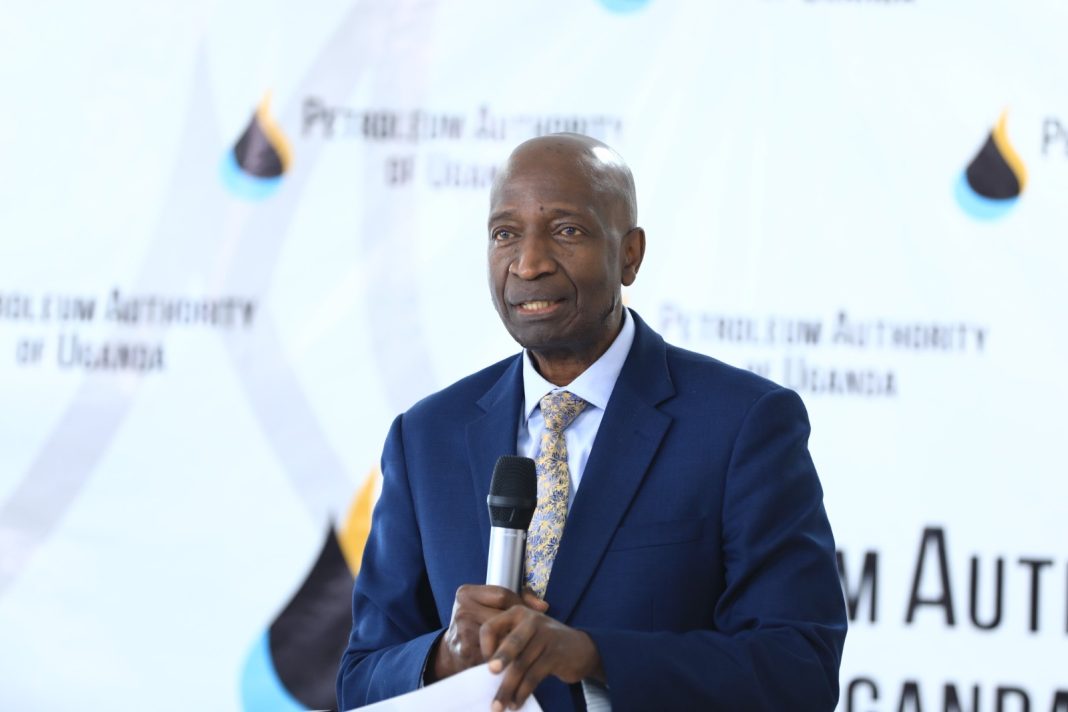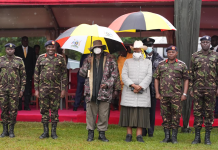By David Mwanje
The Petroleum Authority of Uganda is marking ten years of regulating the country’s oil and gas sector, a period that has seen it grow from a one-person office in 2016 to a technical staff of 220. Executive Director Ernest Rubondo said the expansion reflects the scale of work required to manage the sector. “Our development shows what steady planning can deliver when a country takes governance seriously,” he said.
PAU’s growth has been guided by phased strategies in the National Development Plans, aimed at building capacity, opening the sector and preparing for long-term oversight. Rubondo said the approach was designed to reduce uncertainty for investors by ensuring “companies always know the rules of engagement and the timelines to work with.”
The Authority developed 48 operational manuals to streamline licensing, approvals and compliance. Rubondo said the manuals help “replace ambiguity with predictable procedures.”
Updated resource assessments indicate oil in place increasing from 6.5 billion to 6.65 billion barrels and recoverable reserves rising from 1.4 billion to 1.65 billion barrels. PAU attributes the changes to improved reporting and analytical tools. “Accurate data allows the country to plan with confidence rather than assumptions,” Rubondo said.
Progress on major projects continues. Tilenga is reported at 60 percent completion, Kingfisher at 74 percent with all wells drilled, and the East African Crude Oil Pipeline at 75 percent, with 1,000 kilometres welded. Total investment so far is estimated at 15 billion dollars. A refinery agreement signed in March 2025 is projected to supply up to 60 percent of Uganda’s fuel needs once operations begin. Rubondo noted that the projects show “real infrastructure is taking shape.”
Digital oversight systems are being expanded. PAU now operates a 60-terabyte national data repository and plans to launch a Real Time Monitoring Centre. Cost control, the Authority says, is maintained through routine audits. Rubondo said financial discipline remains essential because “public resources must be protected at every stage of this industry.”
Environmental and social programmes remain part of the Authority’s brief. PAU says Uganda has adopted new waste treatment and low-carbon standards in line with international requirements. Resettlement and livelihood projects have supported 475 households and more than 20,000 people across 11 districts.
Local participation continues to increase. Ugandan firms have secured 2.2 billion dollars in contracts from the seven billion awarded so far. The sector directly employs about 20,000 people and indirectly supports more than 180,000. Platforms such as the National Supplier Database and the Talent Register have helped link professionals and companies to opportunities. Rubondo said these initiatives ensure “Ugandans are not bystanders but central players in their own oil industry.”
Rubondo acknowledged that global decarbonisation and price volatility remain challenges but said opportunities exist in cleaner technologies and future regional energy trade. He emphasised the need for consistency, noting that Uganda’s strength lies in “staying consistent with regulation and keeping a clear long-term vision.”























